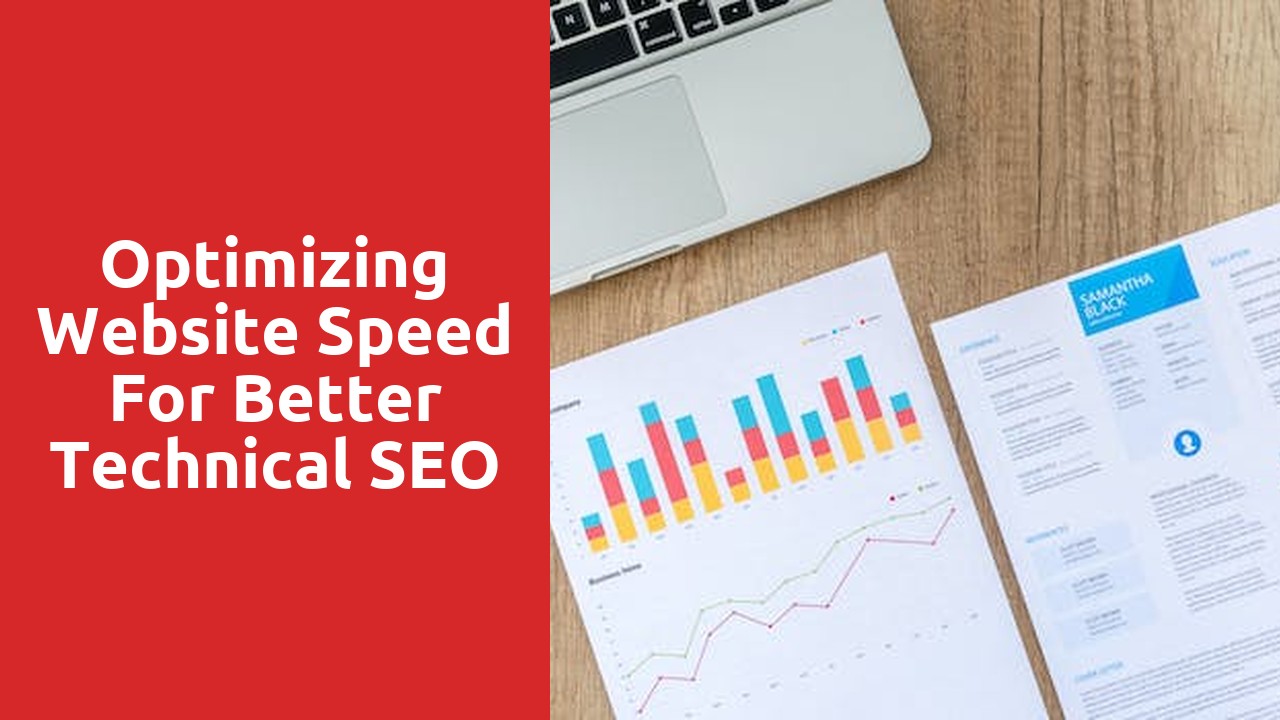The Foundation of Successful Digital Marketing Campaigns
To build successful digital marketing campaigns, it is essential to lay a strong foundation. This foundation includes a deep understanding of the target audience, as well as clear goals and objectives. Without a solid understanding of who your audience is, it becomes nearly impossible to tailor your marketing efforts effectively. Take the time to research and gather data on your target demographic, their interests, preferences, and online behavior. This information will guide your decision-making process and help you create content that resonates with your audience.
In addition to understanding your audience, it is crucial to set clear goals and objectives for your digital marketing campaigns. What do you want to achieve? Is it increasing brand awareness, driving website traffic, or generating leads? By setting specific and measurable goals, you can monitor your campaign’s progress and make necessary adjustments along the way. These goals will serve as the guiding force behind your strategies and ensure that you are working towards tangible outcomes.
Building a strong foundation for your digital marketing campaigns sets the stage for success. Understanding your audience and setting clear goals will enable you to create targeted content and measure the effectiveness of your efforts. In the next sections, we will delve deeper into the key elements that contribute to successful digital marketing campaigns.
Maximizing Organic Search Visibility through On-page SEO
One of the key strategies for maximizing organic search visibility is through implementing effective on-page SEO techniques. On-page SEO refers to optimizing various elements on a website to improve its visibility and ranking on search engine result pages (SERPs). By focusing on on-page optimization, businesses can enhance their chances of attracting organic traffic and reaching their target audience.
One crucial aspect of on-page SEO is keyword research and optimization. Identifying relevant keywords that align with your business niche and target audience is essential in driving organic search traffic. Once the keywords are determined, strategic placement within the website’s meta tags, headings, titles, and content becomes crucial for search engines to recognize the website’s relevance to those specific keywords. By optimizing these on-page elements, businesses increase their visibility and the likelihood of their website appearing in SERPs when users search for related topics.
Enhancing User Experience with On-page Optimization Techniques
User experience is a critical aspect when it comes to website optimization. One of the key techniques to enhance user experience is through on-page optimization. By implementing on-page optimization techniques, website owners can create a seamless and engaging experience for their visitors.
One effective strategy is to improve the website’s loading speed. Slow-loading websites can lead to frustration and cause visitors to abandon the page. By optimizing images, compressing files, and minifying code, website owners can significantly reduce the loading time and improve the overall user experience.
Another important on-page optimization technique is to create compelling and relevant content. When visitors land on a webpage, they expect to find valuable information that meets their needs. By conducting thorough keyword research and incorporating relevant keywords into the content, website owners can attract the right audience and provide them with the information they are looking for.
By focusing on on-page optimization techniques, website owners can create a user-friendly environment that encourages visitors to stay longer, explore more content, and ultimately take desired actions.
The Power of Relevant and High-quality Content in On-page SEO
Paragraph 1: The significance of relevant and high-quality content in on-page SEO cannot be overstated. In the digital landscape, search engines are constantly evolving to provide users with the most relevant and useful information for their queries. This means that simply stuffing your website with keywords is no longer enough to rank highly in search engine results. Instead, search engines now prioritize websites that provide valuable and informative content to their audiences. By creating content that is not only relevant to your target audience but also of high quality, you can improve your website’s visibility and attract more organic traffic.
Paragraph 2: Relevant and high-quality content is essential for establishing your website as a trusted authority within your industry. When users land on your website and find well-written, informative, and engaging content, they are more likely to view your website as a reliable source of information. This can result in increased time spent on your website, lower bounce rates, and higher chances of visitors converting into customers or subscribers. Additionally, high-quality content has the potential to be shared by your audience on social media platforms, which can lead to increased brand exposure and organic backlinks. By consistently offering valuable content to your audience, you can build a loyal following and establish your website as a go-to resource in your niche.
Optimizing Meta Tags and Descriptions for Better Search Rankings
Meta tags and descriptions play a crucial role in improving your website’s search rankings. These tags provide a brief description of what your web page is all about, giving search engines a better understanding of your content. By optimizing these tags and descriptions, you can increase your chances of appearing higher in search engine results pages (SERPs).
Firstly, it is important to focus on your meta tags. These tags are placed within the HTML of your website and provide a summary of your page’s content. When optimizing your meta tags, make sure to include relevant keywords that potential visitors may use when searching for information related to your website. Additionally, keep your meta tags concise and informative, ideally within a 150-160 character limit. This will help both search engines and users quickly understand what your page is about and entice them to click on your link. Remember, the meta tags are the first impression a searcher will have of your page, so make them count.
The Role of Keyword Research in On-page SEO Strategies
Keyword research plays a crucial role in developing effective on-page SEO strategies. By identifying the words and phrases commonly used by users in search engines, website owners and marketers can optimize their content to match these search queries. This allows for better visibility and increases the chances of attracting relevant organic traffic.
One of the key benefits of keyword research is its ability to guide the creation of high-quality content. By understanding the topics and keywords that resonate with their target audience, website owners can create content that is both informative and engaging. By incorporating these keywords naturally throughout the content, they can improve the chances of ranking higher in search engine results pages (SERPs). Additionally, keyword research helps website owners identify long-tail keywords, which are less competitive and often have higher conversion rates. By focusing on these specific keywords, websites can attract a highly targeted audience, leading to increased conversions and business growth.
Overall, keyword research is an essential component of on-page SEO strategies. It allows website owners and marketers to gain insights into user search behavior and preferences, enabling the creation of optimized and appealing content. By investing time and effort into keyword research, businesses can improve their online visibility, attract relevant traffic, and ultimately, drive success in the digital landscape.














